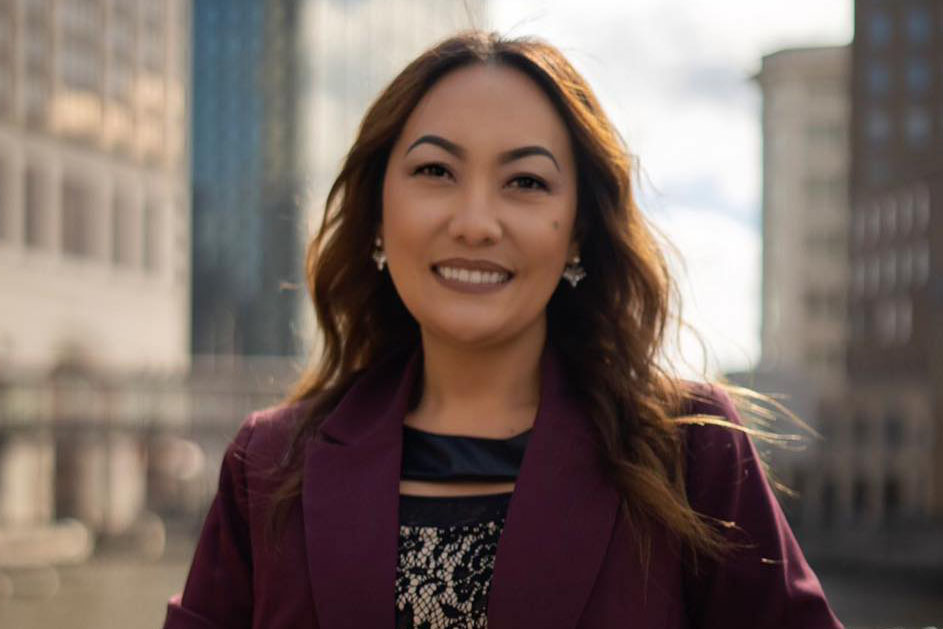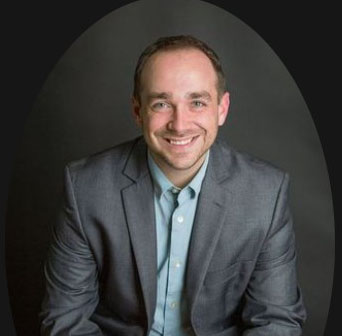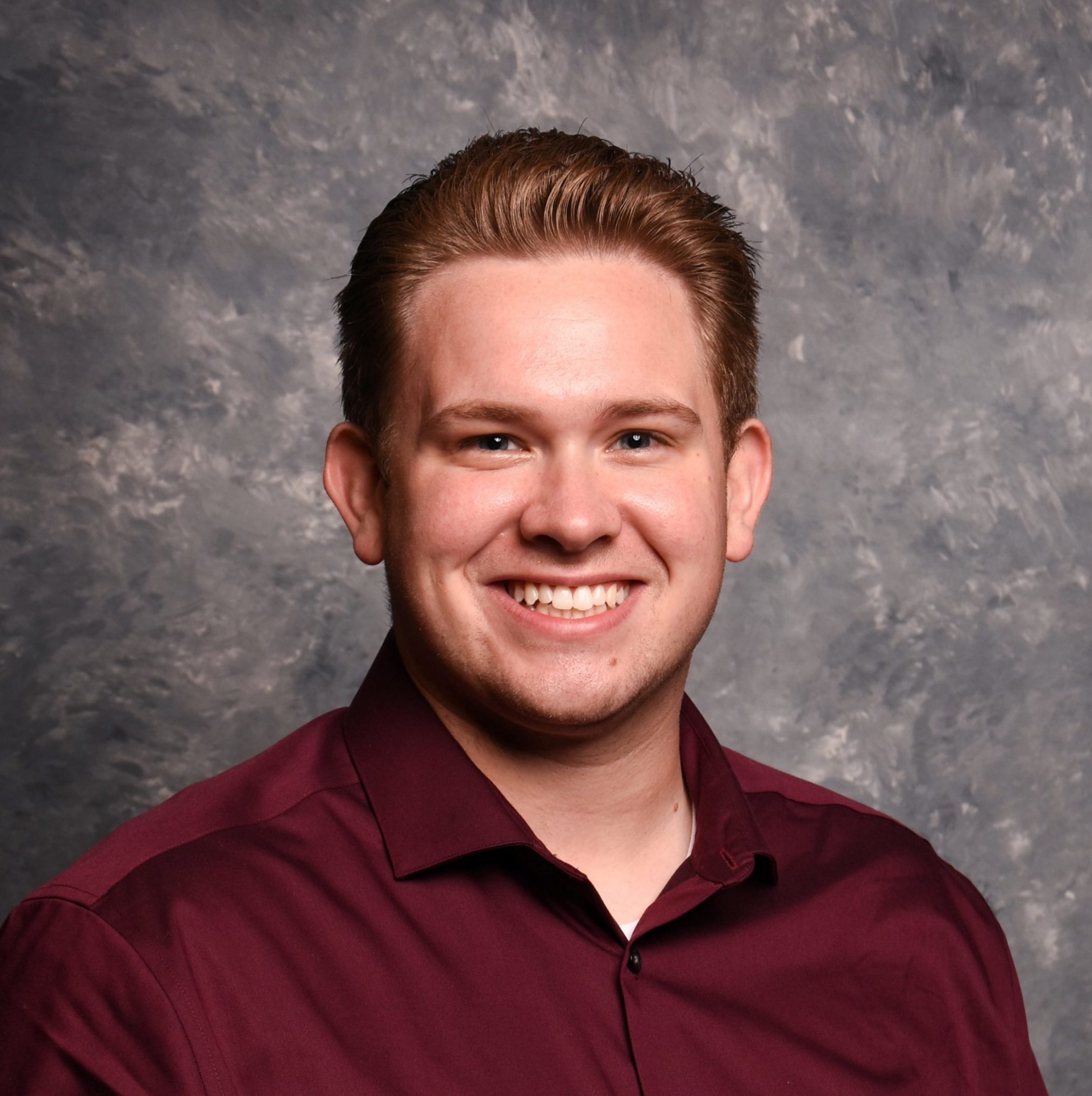Dassey isn’t on Gov. Evers’ latest list of pardons. Here’s why Barry Scheck says he should be
By: Michaela Paukner, [email protected]//November 13, 2019//
Dassey isn’t on Gov. Evers’ latest list of pardons. Here’s why Barry Scheck says he should be
By: Michaela Paukner, [email protected]//November 13, 2019//

Gov. Tony Evers issued another round of pardons over the weekend. Missing among the list of those pardoned — Brendan Dassey.
Dassey, a subject of the Netflix series “Making a Murderer,” confessed that he and his uncle, Steven Avery, raped and murdered the photographer Teresa Halbach in Manitowoc County in 2005. Dassey was then 16 years old. He and Avery were convicted in 2007 and have been serving life sentences since.
Dassey’s lawyers filed a petition for clemency in early October, asking Evers to pardon him or commutate his life sentence. Nearly 250 people signed an open letter supporting his petition, many of whom are retired U.S. government officials, legal experts and exonerees. Barry Scheck was one of them.
Scheck, who gained fame as a defense attorney on O.J. Simpson’s “Dream Team,” is one of the founders of the Innocence Project. He is the project’s current co-director and professor of law at Cardozo Law in New York.
Scheck called Dassey collateral damage in the case against Avery. He said Dassey’s intellectual challenges made him vulnerable to investigators’ interrogation tactics.
“It’s not a dispute as to whether or not the interrogators fed Brendan facts and leading questions he could just say yes to,” Scheck said.
Scheck questioned the voluntariness and reliability of Dassey’s taped confession to Manitowoc County interrogators.
“(This confession) has all the earmarks to be not only involuntary but obviously unreliable,” Scheck said. “Brendan Dassey spending the rest of his life in prison would be an outrageous injustice. We have an obligation to speak out and see if we can correct this injustice.”
Evers has not said if he’ll pardon Dassey. There is no deadline for him to take such an action.
The Wisconsin Law Journal talked to Scheck about endorsing Dassey’s petition for clemency and the admissibility of confessions.
Wisconsin Law Journal: What do you see as the issues with the admissibility of Dassey’s confession?
Barry Scheck: There is a case that the United States Supreme Court decided that said that in the interest of federal constitutional law, when you’re violating the admissibility of the confession, you look only to whether it was “involuntarily made.” You do not look to if it was “reliable.”
Anybody that studies this field agrees that you not only look at factors that go to whether an interrogation is voluntary, but you also look to whether or not the confession is reliable. Reliability really comes down to number one: Are the facts being elicited from the suspect known to the police and the real perpetrator, or is this something that’s a product of leading questions or fed facts? (Can) incriminating facts that came directly from the subject of the interrogation be objectively verified? The second factor in reliability is: Did the suspect give information which then led investigators to discover other incriminating information? Did the suspect give you things that only the real perpetrator would know and that can be corroborated? A whole aspect of this confession is that they were asking fill-in-the-blank (questions). It’s completely not verified. It’s really an unreliable confession, but the courts only looked at this from the point of view of voluntariness.
WLJ: Why did you sign the letter supporting Dassey’s petition for clemency?
Scheck: In the final analysis, you had a very long and recent opinion from the federal district court judge saying he found the confession to be involuntary. Then a three-judge panel on the 7th Circuit affirmed that finding and then finally an en banc decision in the 7th Circuit, 4 to 3, ruled against Brendan. In the end, the courts were very, very closely divided on the issue of voluntariness, and indeed, when you actually look at the federal habeas questions, even the voluntariness question really turns on whether or not the state courts engaged in an unreasonable interpretation of clearly established unconstitutional federal law. It’s not even the majority saying, “We’re so sure this is voluntary.” They were in some ways saying, “I can’t say that the state court’s finding that it was voluntary was unreasonable.”
That is a big problem. That is why I feel very strongly and why I signed the letter. The best path is for Gov. Evers to commute Brendan’s sentence. He doesn’t necessarily have to pardon him on the grounds of innocence, but this poor young man should not spend any more time in prison for a confession that is not just involuntary, but most importantly, completely unreliable and really would be judged that way from experts of all different disciplines who look at confessions.
WLJ: What does the courts’ divisiveness over the reliability and voluntariness of Brendan’s confession say about our current legal system?
Scheck: It’s the position of the Innocence Project and of scholars in this field that courts should consider reliability as well as voluntariness when deciding whether to admit a confession. That’s number one. That really didn’t happen in Brendan’s Case. And number two: Interrogators should not be allowed to make false statements of fact to suspects during the course of the interrogation. That occurred in Brendan’s case as well. Eliminating false statements and deception will result in better, more reliable interrogations and better evidence in court.
WLJ: What is it going to take to change the court’s mentality about interrogations?
Scheck: Legislation and decisions by courts. You work in both venues. We’ve also gotten buy in from policing professions who recognize the situation is not a healthy one. Police officers are trained not to do the things that were done in Brendan’s case.
Legal News
- Wisconsin attorney loses law license, ordered to pay $16K fine
- Former Wisconsin police officer charged with 5 bestiality felony counts
- Judge reject’s Trump’s bid for a new trial in $83.3 million E. Jean Carroll defamation case
- Dozens of deaths reveal risks of injecting sedatives into people restrained by police
- The Latest: Supreme Court arguments conclude in Trump immunity case
- Net neutrality restored as FCC votes to regulate internet providers
- Wisconsin Attorney General asks Congress to expand reproductive health services
- Attorney General Kaul releases update at three-year anniversary of clergy and faith leader abuse initiative
- State Bar leaders remain deeply divided over special purpose trust
- Former Wisconsin college chancellor fired over porn career is fighting to keep his faculty post
- Pecker says he pledged to be Trump campaign’s ‘eyes and ears’ during 2016 race
- A conservative quest to limit diversity programs gains momentum in states
WLJ People
- Power 30 Personal Injury Attorneys – Russell Nicolet
- Power 30 Personal Injury Attorneys – Benjamin Nicolet
- Power 30 Personal Injury Attorneys – Dustin T. Woehl
- Power 30 Personal Injury Attorneys – Katherine Metzger
- Power 30 Personal Injury Attorneys – Joseph Ryan
- Power 30 Personal Injury Attorneys – James M. Ryan
- Power 30 Personal Injury Attorneys – Dana Wachs
- Power 30 Personal Injury Attorneys – Mark L. Thomsen
- Power 30 Personal Injury Attorneys – Matthew Lein
- Power 30 Personal Injury Attorneys – Jeffrey A. Pitman
- Power 30 Personal Injury Attorneys – William Pemberton
- Power 30 Personal Injury Attorneys – Howard S. Sicula











